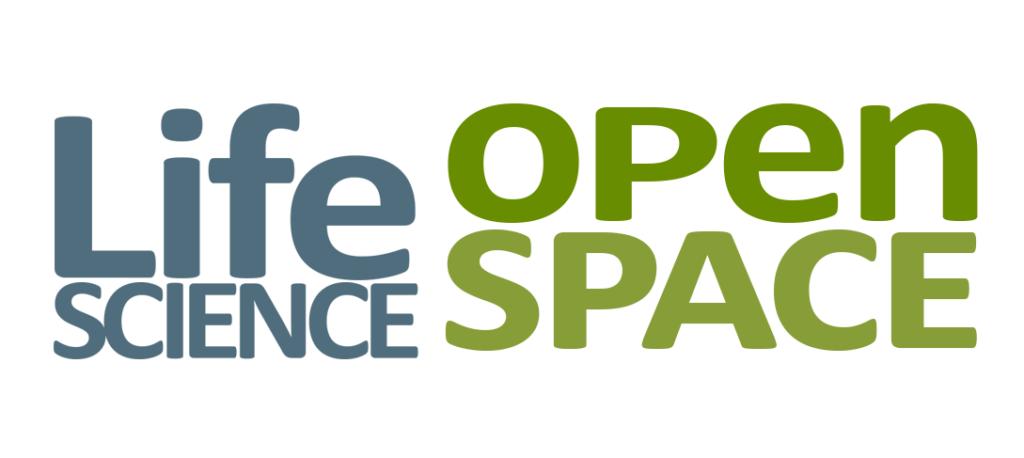Europe needs a sustainable chemical industry which will only be realized by new breakthrough technologies. Industrial biotechnology is established in chemical manufacturing, offering more efficient, more specific, safer and less energy demanding production, but is held back by the limited number of enzyme classes in industrial use. Our aim is to introduce into industrial practice an important enzyme class of tungsten-containing enzymes (W-enzymes) which catalyze amazing chemical reactions involving challenging low redox potential reduction reactions, which are currently impossible to obtain economically and on scale to match industrial needs. However, to implement those enzyme into industry practice efficient methods of enzyme overexpression in microbial host have to be developed. Up to date expression of W-enzymes was only achieved in difficult to manipulate anaerobic strains (such as Aromatoleum evansii or Thauera aromatica) while expression workhorse micro-organisms such as E. coli is not yet possible. Our Pathfinder W-biocat project is a collaborative effort financed by European Innovation Council with an ultimate goal of overcoming this problem.


